ECG Blog #379 — Why Tachy on Telemetry?
Ken Grauer, MD
MAY 12, 2023
I was sent the rhythm strip shown in Figure-1 — obtained from telemetry monitoring. I did not know the history. Can YOU explain what happens after beat #4? Figure-1: Multi-lead rhythm strip obtained from telemetry monitoring. MY Thoughts on the Rhythm Strip in Figure-1: The first 4 beats in this 11-beat rhythm strip are sinus — as determined by the presence of regular upright P waves , with a constant PR interval in lead II ( RED arrows in Figure-2 ).



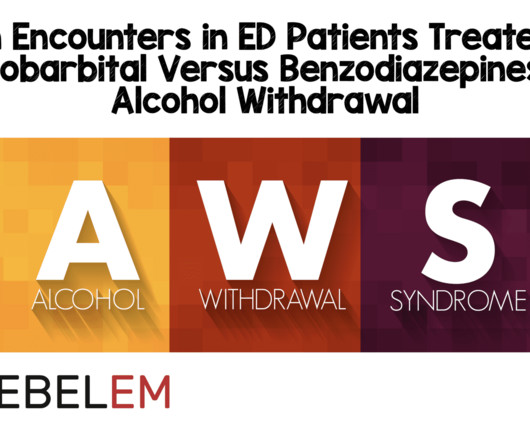












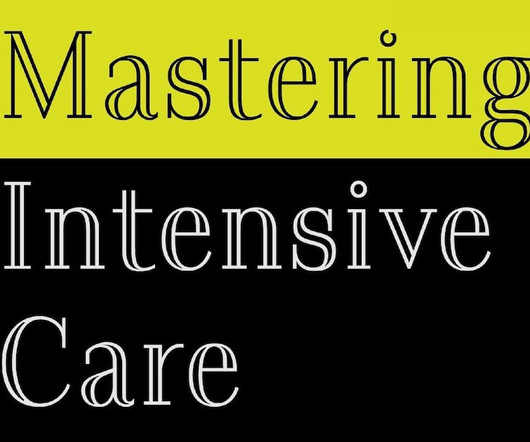
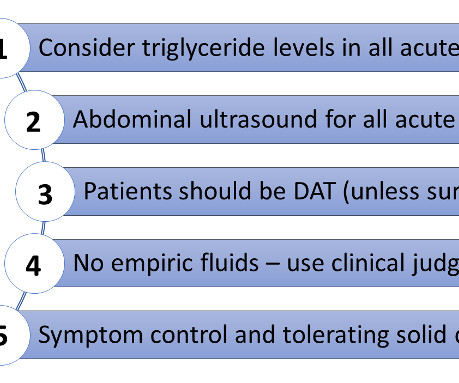
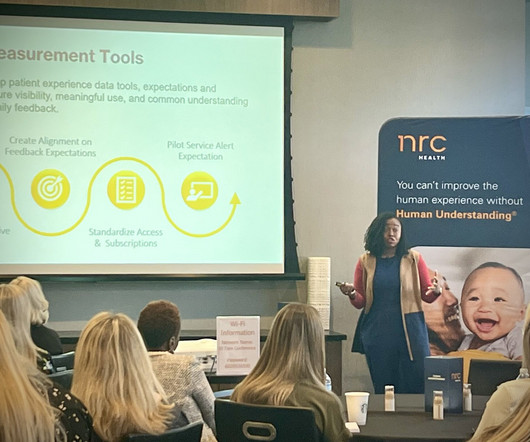

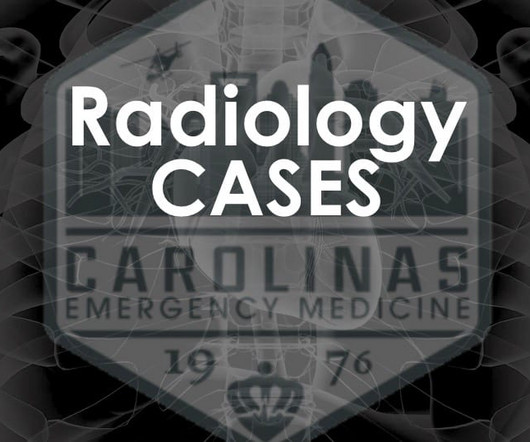
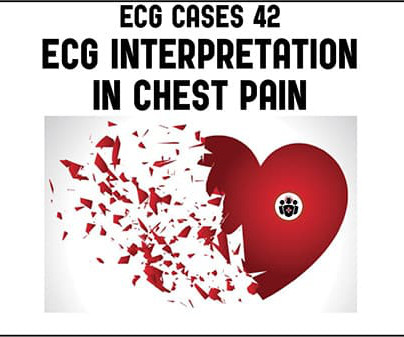



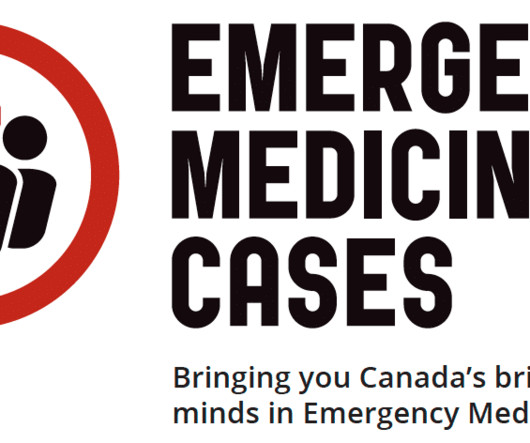

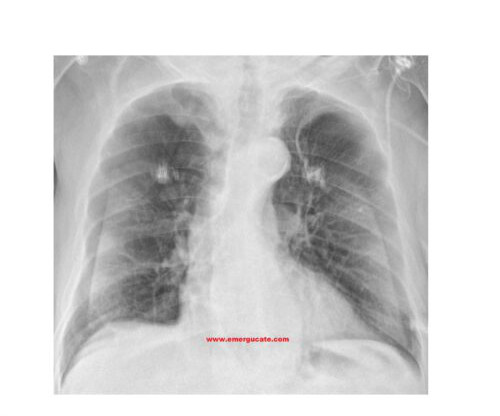
















Let's personalize your content